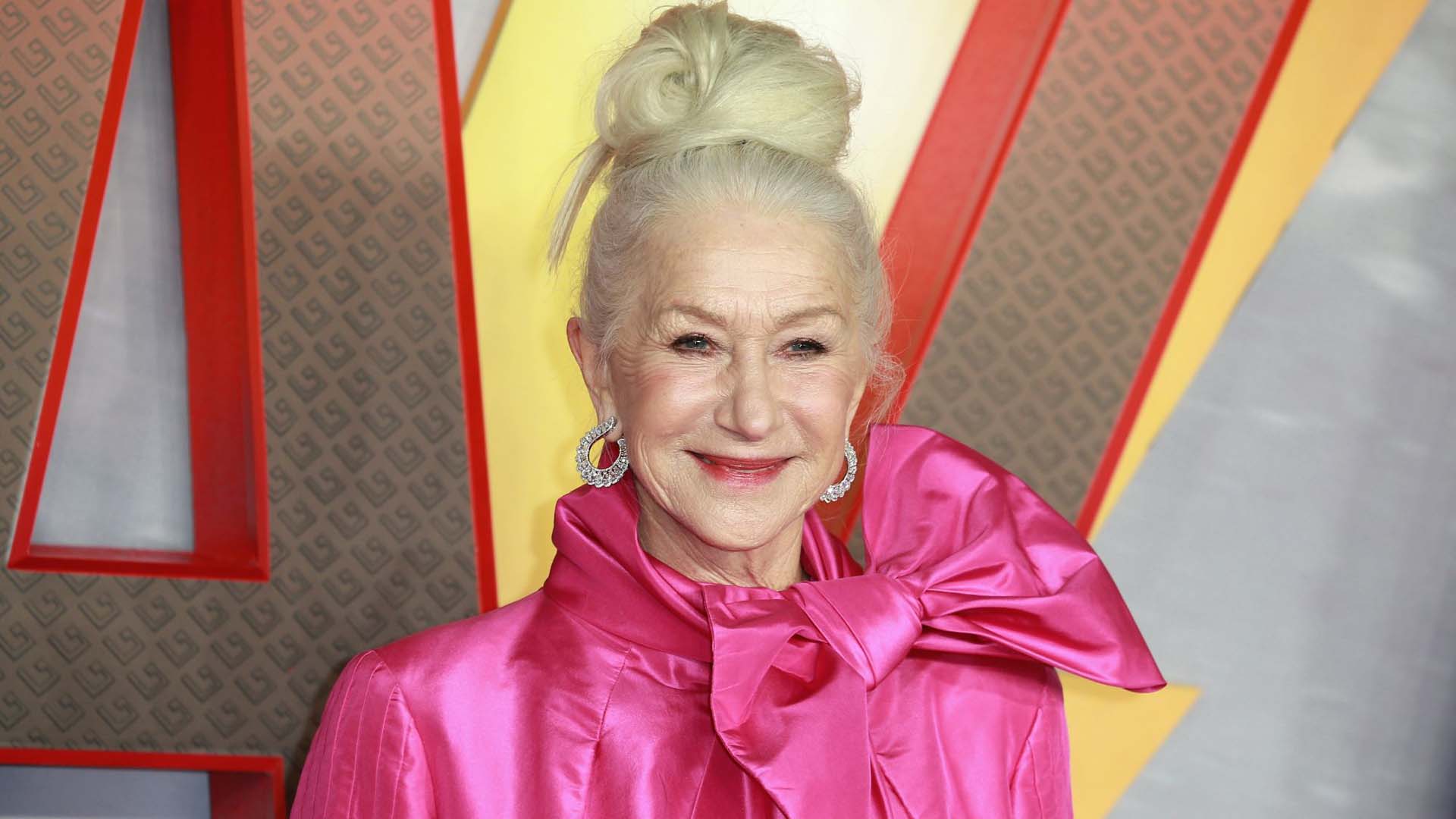How to spot a real-life Traitor – can you tell whether someone is lying or not?
An expert explains why it’s so difficult to catch a liar and the subtle signals that could catch them out.

An expert explains why it’s so difficult to catch a liar and the subtle signals that could catch them out.

With The Celebrity Traitors reaching its dramatic finale, it’s clear that some people are better fibbers than others. But what signals should we look out for if we suspect dishonesty is at play?
Claudia Winkleman’s TV reality show has viewers gripped with its fascinating delve into the psychology of deception and the quest to unveil the truth.
As the 'faithful' contestants fight to prove their honesty while battling to expose the 'traitors' in their ranks, we’re left wondering if we’d be any good at spotting a liar ourselves.
Whether you’d describe yourself as a trusting person, or are naturally sceptical with those around you, are there changes in behaviour, body language and communication that could be tell-tale signs of a fibber?
It’s fair to say that even the most trusting among us might doubt a person’s integrity from time to time. It might be a little white lie about leaving the lights on or eating all the biscuits, or something more serious, such as infidelity or finances.
But how can we know if our suspicions are valid? Or if our instincts are way off the mark?
While it’s tempting to immediately confront someone with our doubts, perhaps we should learn to look out for certain behaviours or reactions that psychologists say could signal a lie.
Spotting a liar is more complex and subtle than you might think. A five-year scientific study by 50 lie detection experts has dispelled many of the commonly accepted well-known indicators, such as avoiding eye contact or shifting posture. The majority of the study’s experts (70%) even agreed that liars don’t generally appear more nervous than truth-tellers.
Richard Wiseman is a professor in the public understanding of psychology at the University of Hertfordshire. He believes the clearest signs of deceit can often be detected in verbal communication rather than body language.
“There are very few signs in our body language because we are pretty good at controlling our hands, arms and other movements,” Professor Wiseman says.
“The best cues are in the words we say and how we say them. Liars tend to say less, leave lots of pauses and speak more slowly as they have to think through their answers. So, if you want to tell if someone is lying, you’re better off listening rather than looking.”
Professor Wiseman conducted an experiment with the BBC where he carried out an interview on the radio. Political interviewer Sir Robin Day was the subject. Wiseman interviewed him twice about his favourite film – once telling lies and once the truth.
The interviews were broadcast on live television, and around 30,000 calls from viewers came in, with verdicts as to which interview was truthful. Just 50% were correct, which mirrored Professor Wiseman’s similar results from lab experiments – namely, that most people find it very difficult to detect a lie.
But are there any subtle physical signs that we might pick up on in those close to us?
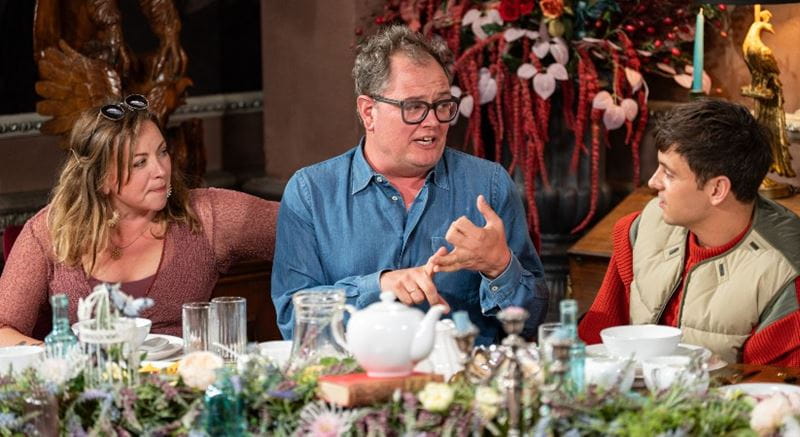
“Not really,” answers Professor Wiseman. “Some researchers have looked at micro expressions – which are very quick flashes of emotion – but these might be a sign of surprise rather than lying.
“Also, some people still talk about eye movement, with liars looking up and to the left or right, but we have found no evidence of that.
“We are really not very good at telling whether someone is lying, even if they are a partner or close friend,” he concludes.
“So if you have a suspicion, it’s best to treat it as an alarm bell that might need to be followed up, rather than hard evidence.”
Being aware of any changes in how someone close to you communicates could cue a fib or two, but shouldn’t be considered conclusive.
“Evasiveness of answers is a good one to look out for, but those changes might suggest that the person is worried about something or bored, and not that they’re being dishonest,” says Professor Wiseman.
“So, again, I’d advise that these things are treated as a signal to probe further rather than leaping to conclusions.”
Lies can manifest in many ways from person to person, and indeed our perception of what counts as a hard fib can differ greatly. But does dishonesty generally come easier to some than others?
“Much depends on whether they feel a sense of guilt,” says Professor Wiseman. “Some people are not especially bothered about lying because they think it makes life more interesting, or they do it to make other people feel good.
“However, this can easily move into lying for your own good, and that is very different. This is where lies become ‘exploitative'.”
But what compels a person to be deceitful, even if it could be damaging?
“In terms of exploitative lying, it’s normally because they are trying to hide certain information in order to manipulate other people,” explains Professor Wiseman. “And once the lie starts, it’s very difficult to come out and be honest, and so it becomes a behaviour that feeds on itself.”
We’ve all come across people who tell the odd pork pie, and it’s quite easy for most of us to innocently fib in everyday life when we’re trying to save someone’s feelings. Maybe we’ll say the lasagne they’ve kindly cooked for us is “delicious”, when in truth it’s burnt to a cinder.
But some people are naturally more skilled at skewing the truth and feel less uncomfortable in doing so, says Professor Wiseman.
“By nature, someone who is a high self-monitor is better at lying,” he explains. “They think about the image they are giving off at any one moment. That’s why salespeople are better liars than most. Also, people who have reheated the lie a few times, or are good at mixing lies with truths.
“In fact, we all lie when we say nice things to a friend but don’t always mean it. Although it’s a way of making someone feel good, it’s still a lie.”
Are there any notable differences in how often men tell fibs compared to women? Or what compels lies between the sexes? “Not really,” says Professor Wiseman.
“However, there is some evidence that men tell more exploitative lies and women tell more benign ones, but I wouldn’t say it’s entirely reliable.”
If we strongly suspect someone is being deceitful and are determined to seek out the truth, how do we go about approaching it?
“Very gently, if you want to preserve the friendship or relationship,” advises Professor Wiseman. “If you falsely accuse someone of lying, they will be likely to walk away. It’s all about evidence rather than just accusing someone, which is likely to simply cause a denial and an argument.”
If we’ve confronted our suspect based on any physical evidence we might have and the changes in communication we may have already clocked, what should we conclude from their reaction?
Most liars will deny lying and will be affronted by the accusation,” Professor Wiseman says. “However, if you present some evidence, saying you’re a bit confused, and ask for an explanation, then that’s a gentler approach.
“But it won’t work with everyone. Lying is a complex behaviour, and every situation is very different.”
So, in truth, there are no magic bullets when it comes to uncovering lies. But by observing subtle changes in behaviour, gathering physical evidence, gently approaching the suspect and observing their reactions, we might get the satisfaction – on some level – of confirming our suspicions. Whether the fibber admits or denies their lies, though, is quite another matter.
(Hero image credit: Image credit: BBC/Studio Lambert/Cody Burridge/Artwork - BBC Creative)
The Celebrity Traitors is on Wednesdays and Thursdays at 9pm on BBC One and on iPlayer.
Emma Lazenby is entering her third decade in journalism, after starting her reporting career on the Yorkshire Evening Post as a teenager.
She’s loved every minute, with contributions to the Sun, Daily Telegraph and women’s magazines, between stints as a Lifestyle Editor for the Press Association and TV Producer for GMTV and Steph’s Packed Lunch.
Emma has covered mental and physical health, charity campaigns, fashion and beauty, travel, food and parenting with celebrity and inspirational real-life interviews featuring heavily.

Your chance to win a 14-day tour around the Rockies and Vancouver for two, worth more than £8,800.
T&C’s apply.

For a limited time only, save 15% off all escorted tours, or 10% off any hotel stay 14 nights or longer, departing before March 31, 2027. But hurry, this offer will not be on for long!
#T&C’s apply.

Jenni Murray is back behind the microphone as she chats to national treasures and household names.

The TV star chats about health, her love of sprouts and why she’s been proven right about the detox diet.
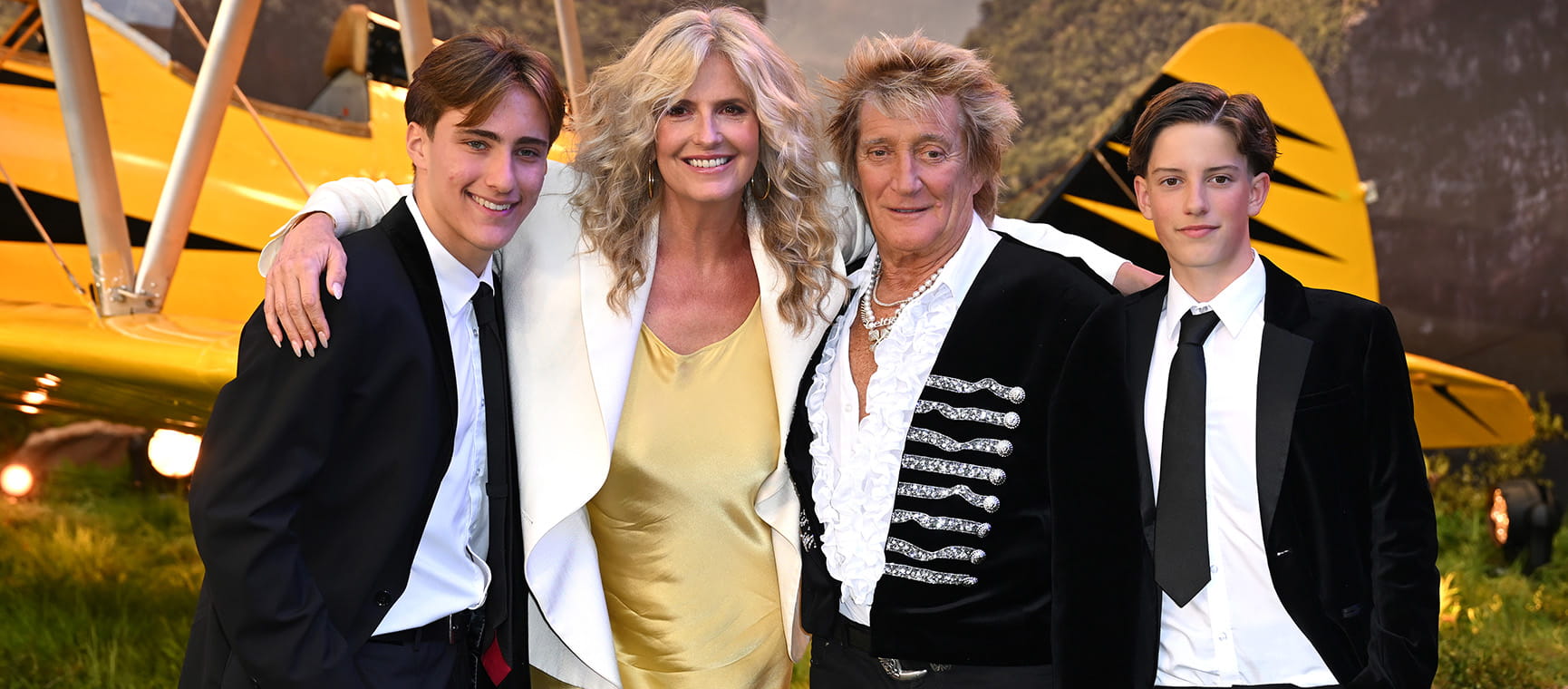
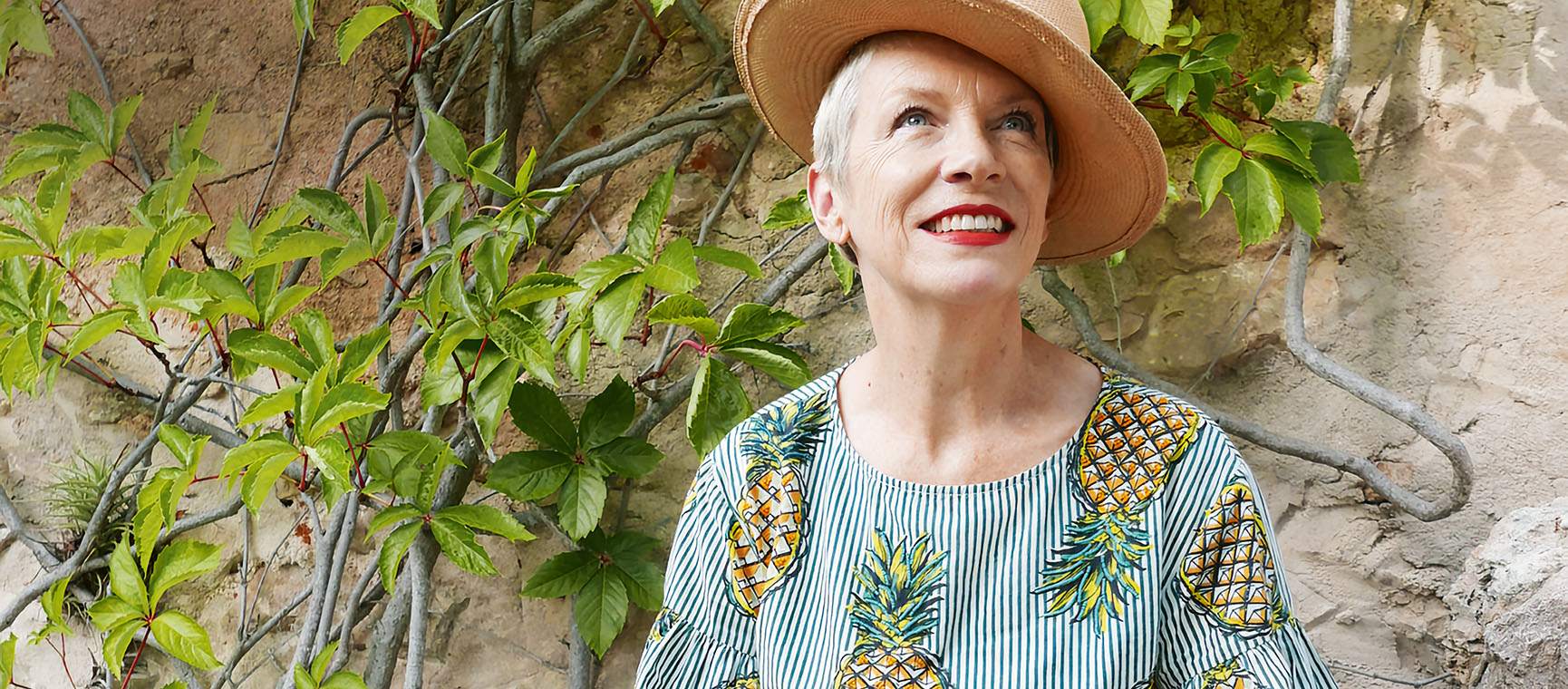
The singer-songwriter on being diagnosed with ADHD at 70 and how she’s ageing on her own terms.

The UK’s bestselling contemporary poet talks about finding huge success in later life and why Christmas is her lifeline.
.jpg?la=en&h=541&w=1232&hash=68EDA28677DE015BF53916AA57CAD1F7)
For the Bake Off judge, the funniest festive season was the one when the lunch went completely wrong.

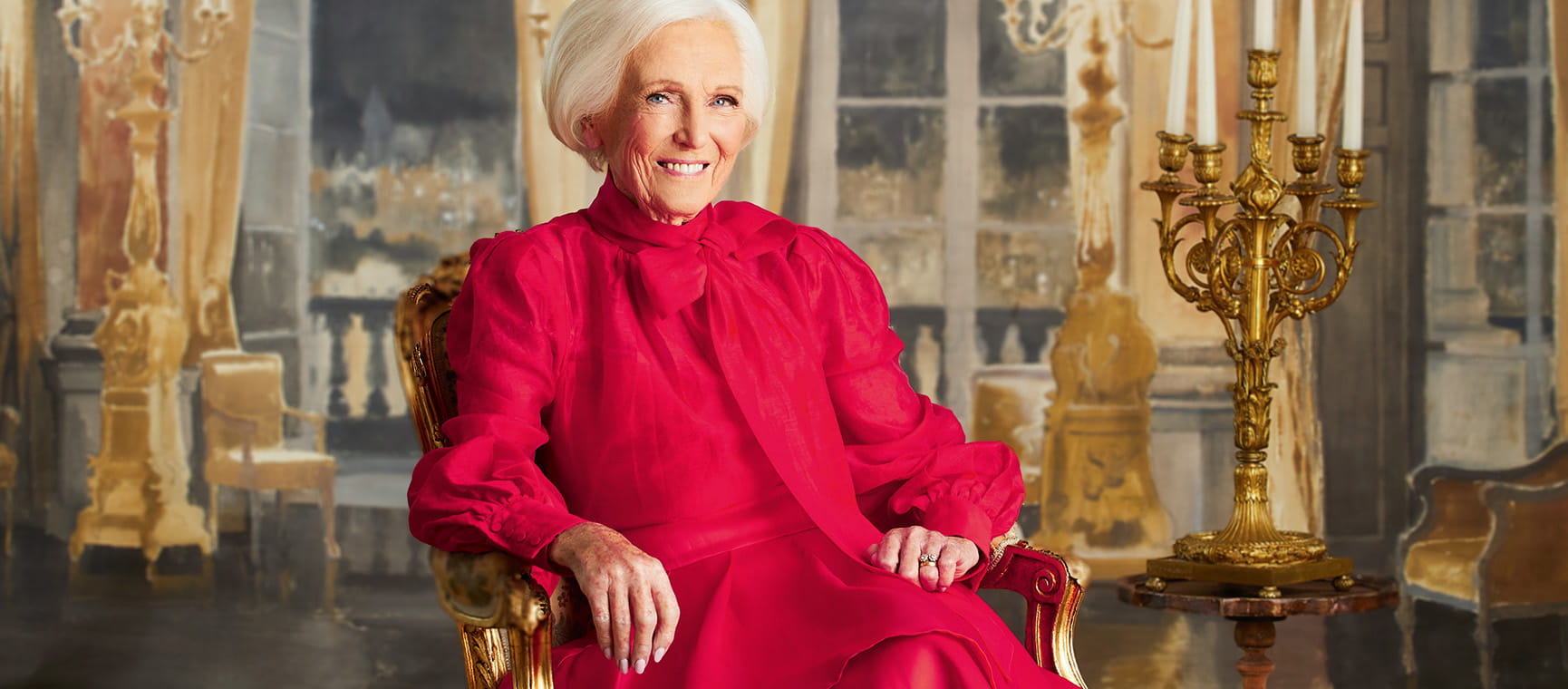
The baking queen on celebrating her 90th birthday, her daily indulgence and why her husband Paul thinks “cooking is boring”.
